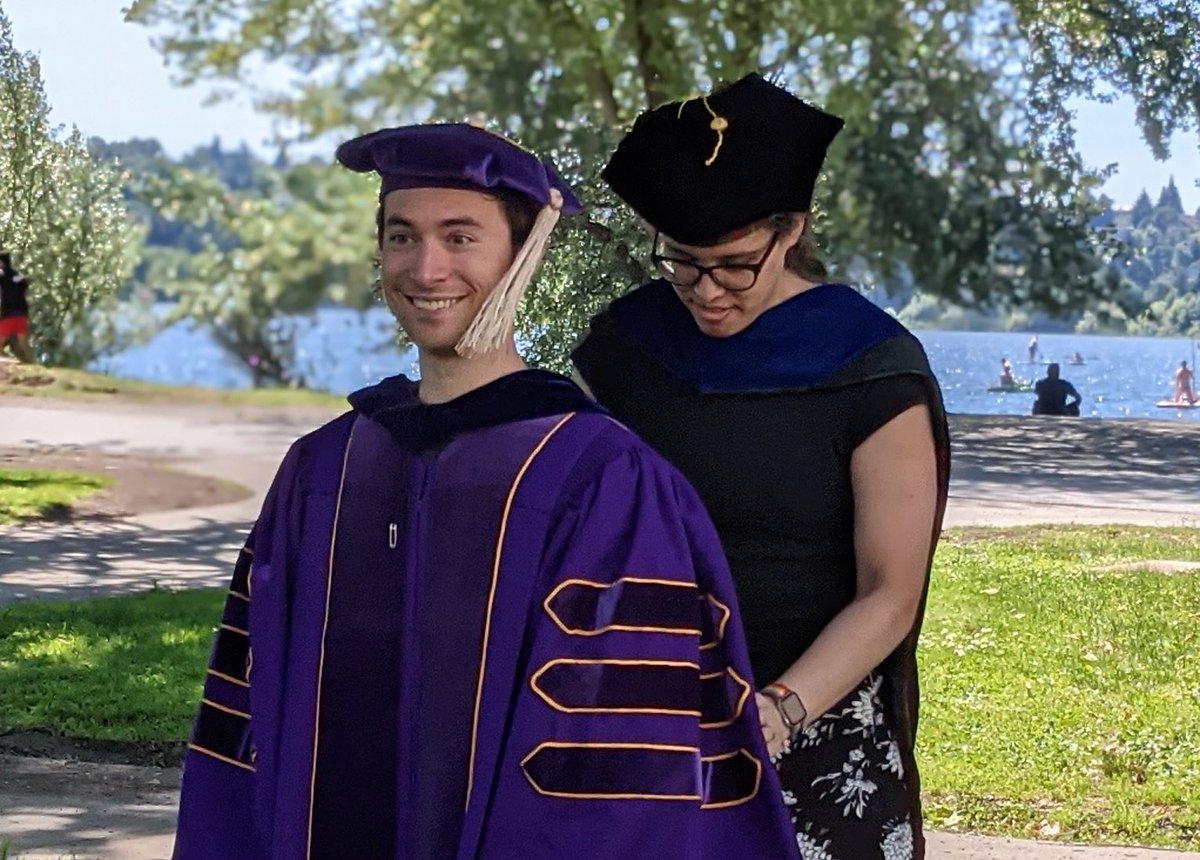
I’m proud to share @GregNN’s outstanding dissertation, “Teaching and Assessing Programming Language Tracing”! It contributes three things…
faculty.washington.edu/ajko/dissertat…
faculty.washington.edu/ajko/dissertat…

1. A new theory of PL knowledge.
It’s the first theory that accounts for how people use causal inference to build mapping of syntax to semantics, and can help predict and explain difficulties in learning to code.
It’s the first theory that accounts for how people use causal inference to build mapping of syntax to semantics, and can help predict and explain difficulties in learning to code.

2. The design of a PL tutor. This tool is so exciting! By offering an interactive way of rapidly building syntax/semantics causal inference mappings, students can robustly learn to trace programs in a PL in hours. 

3. The design of precise formative assessments of PL knowledge, providing granular diagnostic insight into learner conceptions. Greg explored this for both PL syntax/semantics, as well as advanced CS topics that depend on such knowledge. 

If these design ideas were deployed at scale in CS learning, I predict that PL learning would shift from one of the rockiest parts of learning to code to a seamless and quick first lesson in reading code, providing a strong foundation for learning to write it.
Congratulations @GregNN, I am so impressed by your work, your incredible intellect, and your passion for groundbreaking discovery! 

• • •
Missing some Tweet in this thread? You can try to
force a refresh



